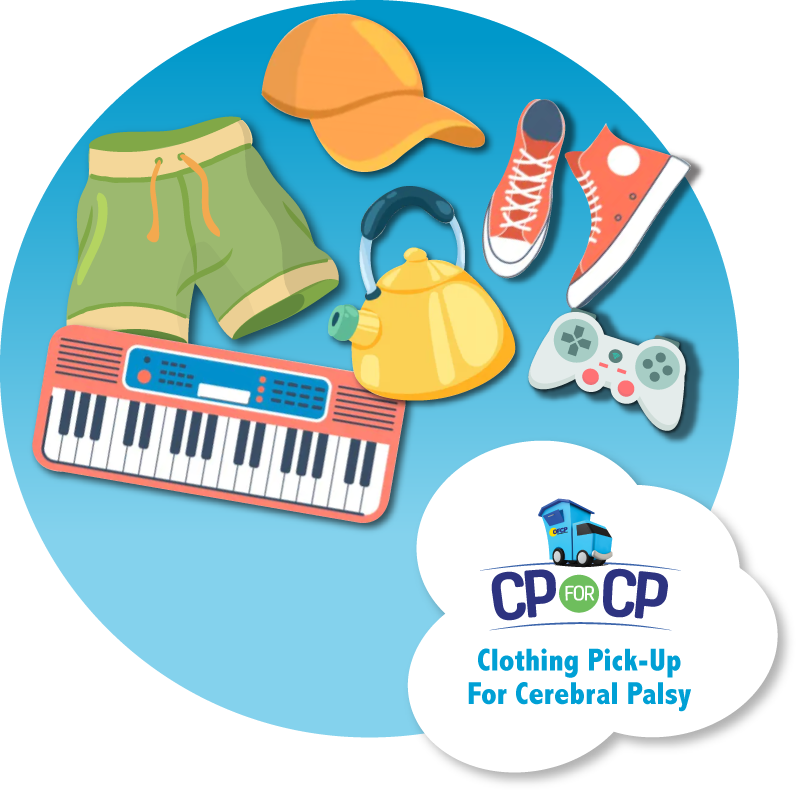OFCP 50/50
RAFFLE DRAW
GET TICKETS NOW!
HELP OFCP FUND LIFE-CHANGING ASSISTIVE DEVICES AND EQUIPMENT
OUR COMMITMENT
Support and Assist Individuals with
cerebral palsy
At OFCP, we are dedicated to providing support and assistance to individuals living with cerebral palsy. Through our comprehensive programs and initiatives, we strive to enhance the lives of those affected by this condition. Our commitment to advocacy, education, and community engagement empowers individuals with cerebral palsy to reach their full potential.


What's New at OFCP
CP News & Updates
Sign up to stay up-to-date and receive community updates about cerebral palsy.
News Subscription
Our Community
Great organization that does their best to help people including my kid with resources for cerebral palsy.
Karen S.
We appreciate the work you are doing to try and support this family that is new to Canada. I am sure your support will make all the difference to the family as they settle into their new lives and become better acquainted with the services available in Ontario.
Christina T.
I love my powerchair. It helps me go places I want to go and do things I want to do. I'm excited to drive fast around all the bases this summer playing challenger baseball! Thank you OFCP for making this possible!
Brooke





